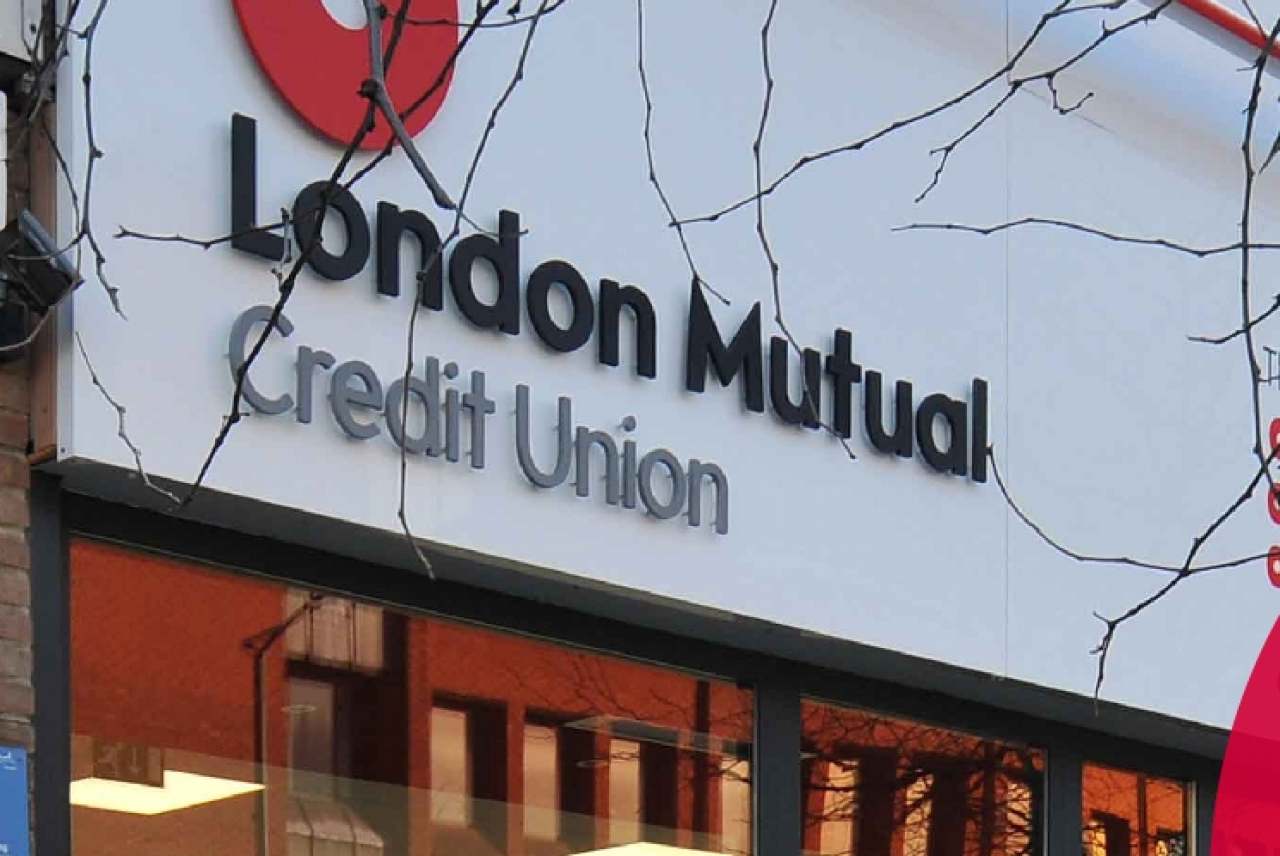Credit unions are co-operatives which provide accounts, loans and a range of services to their members. Like building societies, they are mutuals owned and controlled by the members, not by external shareholders pushing for maximised profits. Each member has one vote, and volunteer directors are elected from the membership, by the membership.
Credit unions can be set up by any group of people with a ‘common bond’, usually based on where you live, but sometimes your employer, trade (such as taxi drivers) or association (such as a church group).
As well as the low loan rates and financial advice, the appeal of participating in the local community attracts many people to credit unions.
The idea of pooling member money to offer credit to individuals came about in late 19th century Europe as part of the emerging co-operative movement. The first official credit unions were founded in Germany in 1849 to save poor urban workers from resorting to loan sharks for financial help.
Credit unions have come a long way from the humble, local institutions that gave £10 loans to neighbours to cover their electricity bills. There are now around 400 credit unions in the whole of the UK, with over 2 million members and over £1.6 billion out in loans.
Because there are so many, and they operate regionally, we have not included them on our score tables. Suffice to say that they are owned by members and only lend to members so there are unlikely to be any of the questionable shareholdings and investments that are the problem with banks.
This will make them Best Buys for savings accounts and current accounts.
What they offer
Broadly speaking, they usually offer three types of service: savings accounts, loans and current accounts. Some also offer insurance.
Savings accounts – an annual dividend, based on the credit union’s annual profit, is usually paid out to all savers but, since 2012, some also pay interest. There are lots of ways to pay in, including direct deductions from your wages. Credit Unions are covered by the Financial Services Compensation Scheme, so savings (up to £85,000 per person) are not at risk although most limit the total you can save with them to much below this. Some credit unions also offer Cash ISAs.
Loans – they offer affordable loans. A key appeal of credit unions is a willingness to make small, short term loans of £50 to £3,000 which many banks won’t do. Interest rates can vary, but are usually around 12.7% APR (1% a month) and may be lower. Rates are capped by law at 42.6% APR, which is considerably less than many other short-term loans, including payday loans. Some credit unions, mainly in Scotland, offer mortgages.
Current accounts – some credit unions also offer free online-only current accounts without debit cards, or with a prepaid debit card. You can also get accounts with a card and overdraft facility, but there will normally be a small monthly or weekly charge and additional charges for cash machine withdrawals.
Most credit union current accounts are Visa debit card accounts operated by payments provider The Contis Group (Engage accounts), or MasterCard accounts operated by Optimus Cards Group. Contis and Optimus are both relatively small, alternative finance companies without the complex ethical concerns of the mainstream banking industry.
See if your local credit union offers an Engage account.
Find a credit union
There’s a great website to Find Your Credit Union run by ABCUL – the Association of British Credit Unions. Type in your postcode to generate a list of the possible credit unions you could belong to, with links to websites, and a brief profile and list of services on offer. Alternatively, you can call ABCUL on 0161 832 3694 to find out which credit unions you could save with.
Other ethical finance options
If you have other funds which you don't want to put into a credit union, our article on ethical investing gives an introduction to what it is and where to start.





